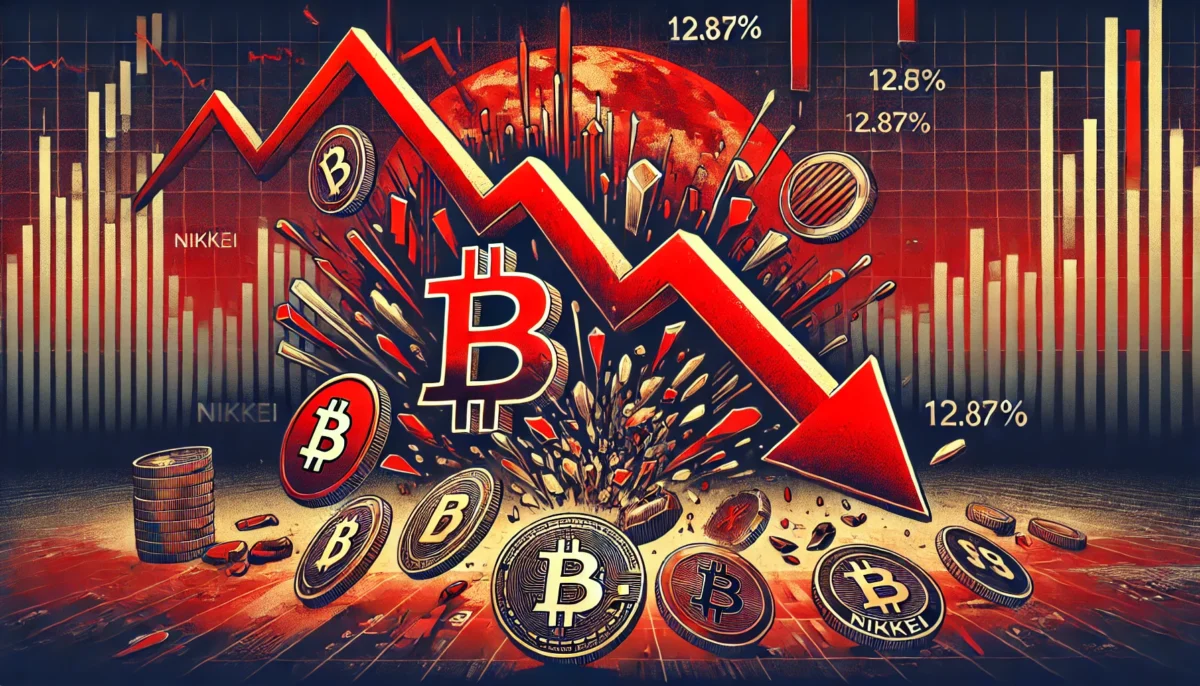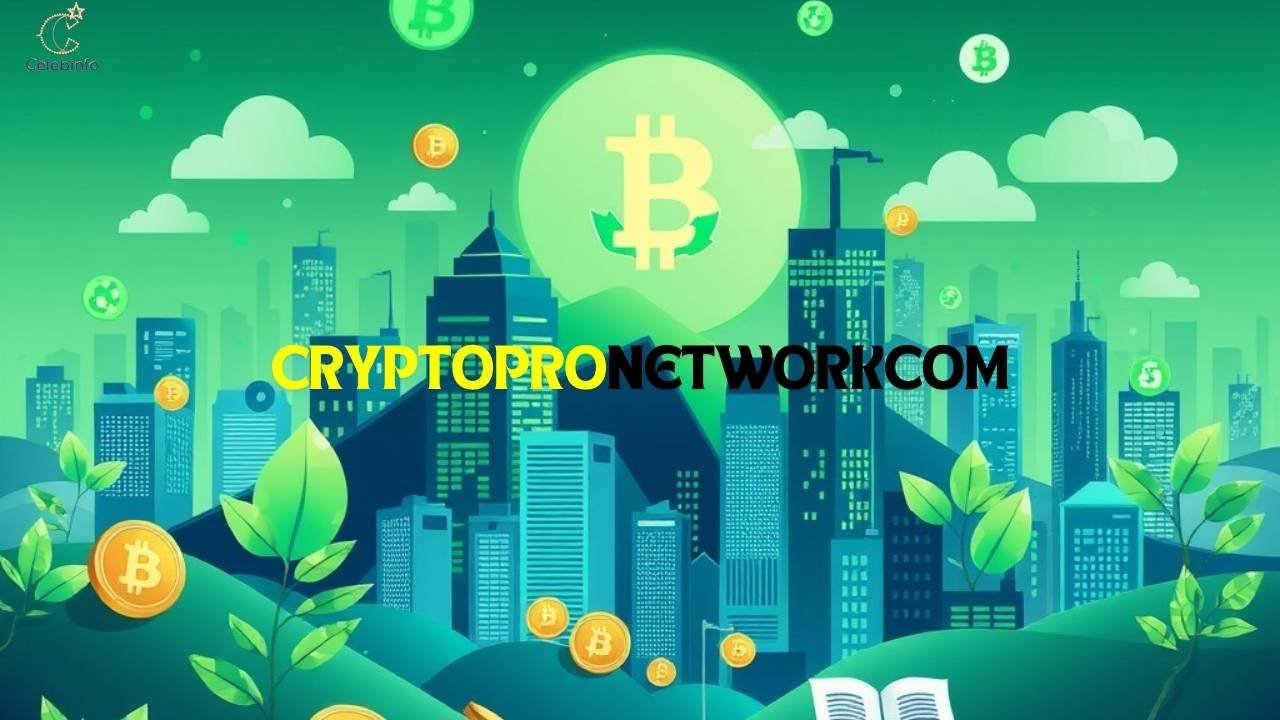In the digital age, social media influencers have become powerful figures, shaping trends and influencing public opinion. However, the relentless pursuit of online fame and engagement has led some influencers to engage in reckless, unethical, or controversial behavior—a phenomenon often referred to as “Influencers Gone Wild.” This article delves into this trend, examining its causes, notable examples, and the broader implications for influencers, brands, and audiences.
Understanding ‘Influencers Gone Wild’
The term “Influencers Gone Wild” describes situations where influencers engage in extreme or inappropriate actions to attract attention and maintain relevance. These behaviors can range from dangerous stunts and spreading misinformation to participating in illegal activities or sharing offensive content. Such actions not only jeopardize the influencer’s reputation but also erode the trust of their audience and can negatively impact associated brands.
Factors Driving Extreme Influencer Behavior
Several factors contribute to influencers engaging in boundary-pushing actions:
Pressure to Stay Relevant: The fast-paced nature of social media demands constant content creation. Influencers may resort to sensationalism to keep their audience engaged.
Monetization and Sponsorship Pressure: Financial incentives from sponsorships can lead influencers to prioritize profit over ethics, sometimes promoting dubious products or services.
Lack of Oversight: Unlike traditional celebrities, many influencers operate without professional management, increasing the risk of impulsive or ill-advised decisions.
Notable Instances of ‘Influencers Gone Wild’
Several high-profile cases illustrate the consequences of extreme influencer behavior:
Logan Paul’s ‘Suicide Forest’ Video: In 2017, YouTuber Logan Paul faced global backlash after posting a video featuring a deceased individual in Japan’s Aokigahara Forest. The insensitivity of the content led to widespread condemnation and loss of sponsorships.
Woah Vicky’s Kidnapping Hoax: Influencer Woah Vicky staged a fake kidnapping in 2024, claiming a ransom demand. The prank resulted in public outrage and damaged her credibility.
BUZZALIGN.COM
Atallah Younes’ Firework Incident: Berlin-based influencer Atallah Younes faced legal action after allegedly setting off a firework through a child’s bedroom window during New Year’s Eve, highlighting the dangers of seeking shock value.
BUZZALIGN.COM
Implications for Brands and Audiences
The actions of rogue influencers have far-reaching effects:
Brand Associations: Companies collaborating with controversial influencers risk guilt by association, leading to negative publicity and potential loss of consumer trust.
Audience Disillusionment: Followers may feel betrayed by influencers’ irresponsible behavior, resulting in decreased engagement and loyalty.
Industry Credibility: Repeated incidents of misconduct can undermine the credibility of influencer marketing as a whole, prompting calls for stricter regulations.
Preventative Measures and Best Practices
To mitigate risks associated with influencer partnerships, brands and influencers can adopt the following strategies:
Comprehensive Vetting: Brands should thoroughly research an influencer’s history, content, and audience demographics before collaboration.
Clear Guidelines and Contracts: Establishing explicit behavioral expectations and content standards can help prevent potential misconduct.
Regular Monitoring: Ongoing review of sponsored content ensures alignment with brand values and public expectations.
Emphasis on Authenticity: Both brands and influencers should prioritize genuine engagement over sensationalism to build lasting trust with audiences.
The Role of Social Media Platforms
Platforms like Instagram, TikTok, and YouTube play a crucial role in moderating content and enforcing community guidelines. Implementing stricter policies and swift action against violations can deter influencers from engaging in harmful behavior.
Read More: Greblovz2004: An In-Depth Look at the Game and Its Impact
Conclusion
The phenomenon of “Influencers Gone Wild” serves as a cautionary tale about the perils of unchecked digital fame. While the allure of social media stardom is powerful, maintaining ethical standards and authenticity is essential for sustainable success. By learning from past missteps, influencers can foster genuine connections with their audiences, brands can protect their reputations, and the industry can move towards a more responsible and trustworthy future.
FAQs
Why do influencers engage in extreme behavior?
Influencers may feel pressured to produce sensational content to maintain relevance, attract followers, and secure lucrative brand deals.
What are the consequences for influencers who act irresponsibly?
They risk losing followers, damaging their reputation, facing legal actions, and losing sponsorships and partnerships.
How can brands protect themselves when collaborating with influencers?
Brands should conduct thorough background checks, set clear contractual guidelines, and monitor content to ensure alignment with their values.
What role do social media platforms play in regulating influencer behavior?
Platforms are responsible for enforcing community standards, removing harmful content, and sanctioning users who violate guidelines.
Can influencers recover from public scandals?
Recovery is possible through genuine apologies, corrective actions, and a sustained commitment to ethical behavior, though regaining public trust can be challenging.



